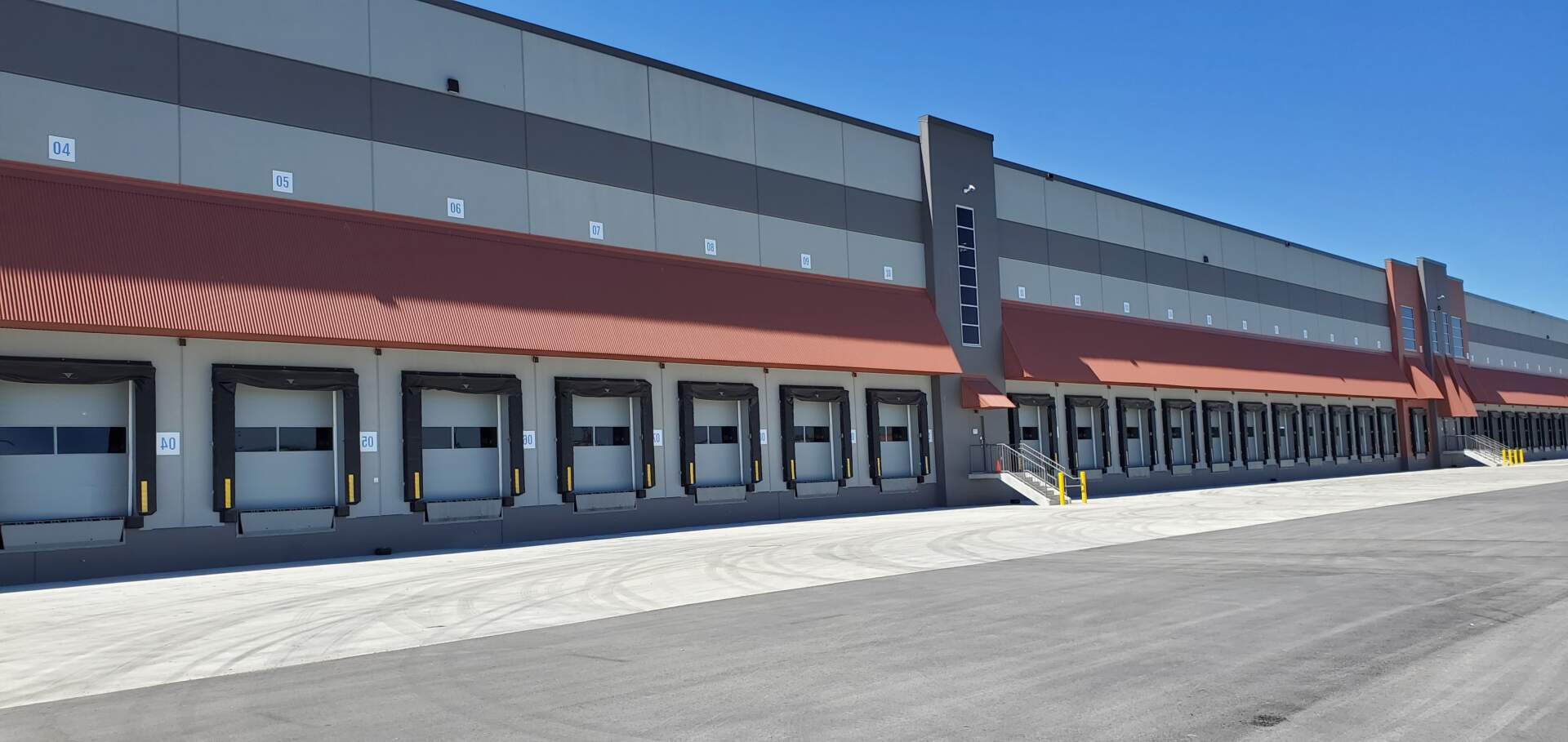
Questions about warehouse management? Our professional team is here to help.
Why Should You Care About Warehouse Management?
As an importer, exporter, or manufacturer, your success hinges on a seamless supply chain. But what happens after your goods land at the port or leave your production facility? If your third-party warehouse isn’t operating at peak efficiency, delays, errors, and added costs can follow.
Even if you don’t manage a warehouse directly, understanding warehouse management best practices empowers you to select the right partner—and hold them accountable.
So, what should you look for in a warehousing provider?
What Defines an Efficient Warehouse Operation?
Your warehousing partner should be more than just a storage space. A truly strategic provider will enhance your supply chain performance through well-organised, tech-enabled, and safety-compliant operations.
Key Warehouse Processes to Look For
Ask potential partners how they handle:
- Receiving and put-away: Are products scanned and logged in real time?
- Inventory accuracy: Are discrepancies tracked with physical inventory checks?
- Order fulfilment: Are goods picked and shipped quickly with minimal errors?
- Returns and damage management: How are exceptions handled?
Understanding these warehouse processes helps you assess whether a provider can meet your specific logistics and product-handling needs.
How Does Technology Elevate Warehouse Services?
Advanced warehouse technology isn’t just a bonus—it’s a must-have. The right technology ensures your goods move efficiently, are traceable at every step, and are ready to ship when your customers expect them.
Warehouse Management Systems (WMS)
A WMS is a digital system that manages all warehouse activity. Look for providers like CAT that use a modern WMS with:
- Real-time inventory visibility
- Barcode or RFID scanning
- Automated alerts for low stock or incoming orders
- Integration with your ERP or e-commerce system
This is essential if you need frequent inventory updates or if your business depends on short lead times.
Automated Storage and Retrieval Systems (AS/RS)
If you’re storing high volumes or have fast-moving goods, ask if the warehouse uses automation:
- AS/RS systems move goods efficiently within the warehouse
- These systems reduce handling errors and speed up fulfilment
- Ideal for goods with tight turnaround requirements
Automation is particularly beneficial for exporters with international shipping timelines or manufacturers with just-in-time production models.
What Role Do Inventory Management and Inventory Control Systems Play?
Inventory management is about knowing what’s in stock, where it is, and how quickly it moves. When you’re not in the warehouse yourself, a provider’s inventory control system becomes your eyes and ears.
Features to Look for in Inventory Control Systems
Your warehouse partner should be able to:
- Provide up-to-date stock counts via a secure portal
- Track physical inventory with regular cycle counts
- Offer historical inventory data for forecasting
- Sync with your ordering system to help prevent overstocking or stockouts
Inventory control is especially important for businesses managing large product catalogues, high-value goods, or perishable inventory.
How Does Warehouse Layout Affect Your Business?
A warehouse’s layout directly impacts how quickly and accurately your goods are processed. Understanding how layout impacts service can help you evaluate providers.
Efficient Layouts Enable Faster Turnarounds
Ask warehouse providers:
- Do they zone by product velocity (e.g., fast-moving items near staging areas)?
- Is there space for temporary surges in volume (seasonal or promotional)?
- Can they accommodate the size, weight, or fragility of your goods?
- Is there designated space for quality control or returns?
A well-thought-out layout reduces the chance of damage, mix-ups, or shipping delays—factors that directly impact your customer experience.
What Safety and Compliance Standards Should You Expect?
British Columbia has specific safety regulations for warehousing environments. Your provider’s ability to meet these standards is not only a legal obligation—it’s also a sign of professionalism and risk management.
Look for the Following:
- Certified staff operating material handling equipment
- Clearly labelled shelving with proper load capacity signage
- Up-to-date fire suppression and evacuation plans
- Safe environmental controls (lighting, airflow, temperature)
- Regular physical inventory audits and secure access protocols
- Safe storage rooms for flammable materials and oxidizers.
Safety is particularly critical if you’re storing regulated goods or high-value inventory. A non-compliant facility can jeopardise your shipments—and your reputation. Ensure your warehouse provider makes safety a priority.
How Does Warehouse Management Impact the Broader Supply Chain?
Your warehouse partner is an extension of your business. A strong warehousing operation:
- Helps avoid customs delays by properly labelling and staging imports/exports
- Ensures real-time visibility for stock that’s in transit, staged, or being packed
- Integrates with freight carriers to streamline pickup and delivery windows
- Supports flexible shipping options (LTL, FTL, or last-mile delivery)
For manufacturers, timely access to stored components can prevent production delays. For exporters, streamlined staging and dispatch processes are vital to hit overseas deadlines.
Questions to Ask When Choosing a Warehousing Provider
Don’t settle for basic storage. Here are key questions to ask your warehousing provider and 3PL partner:
- What inventory control systems do you use?
- Can I access real-time inventory reports?
- Do you use a warehouse management system (WMS)?
- How do you handle physical inventory checks?
- What’s your average order processing time?
- Do you use any automated storage or retrieval systems?
- How do you ensure safety and compliance?
- Can you scale to meet seasonal or project-based increases in volume?
The answers to these questions will give you insight into how well a provider can support your business now—and as you grow.
Why Partnering with the Right Warehouse Matters
Whether you’re importing bulk materials from Asia, exporting to the U.S. or Europe, or manufacturing in British Columbia for domestic distribution, your warehousing provider plays a key role in your supply chain performance.
A warehouse that uses modern inventory control systems, robust warehouse processes, and compliant infrastructure protects your goods, your brand, and your business continuity.
Let’s Talk
At Canadian Alliance, we work with importers, exporters, and manufacturers to deliver flexible, tech-enabled warehouse services tailored to your operational needs.
From inventory visibility to accurate fulfilment and compliance, we make your warehousing one less thing to worry about.
Contact us today to explore how we can support your business.
